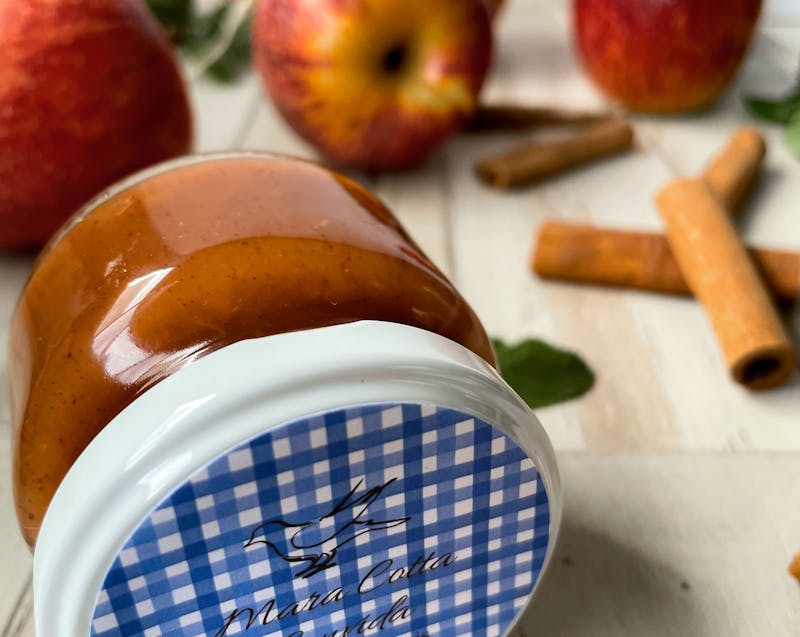- Small food businesses require low investment but offer high profit potential—making them ideal for aspiring entrepreneurs.
- Flexibility and scalability are major advantages; many of these businesses can start at home or online and expand gradually.
- Consumer trends like convenience, health-conscious eating, and plant-based diets are driving demand for niche food ventures.
- Marketing through social media and local networks can help small businesses quickly build a loyal customer base.
- Testing the market with low-risk options (like pop-ups, catering, or home-based baking) allows entrepreneurs to refine offerings before scaling.
- Passion and creativity are key drivers of success, since unique recipes, branding, and customer experience help stand out in a competitive market.
Starting a food business no longer requires a massive budget or a fully equipped restaurant. In today’s world, many entrepreneurs are proving that creativity, passion, and minimal investment can open doors to profitable opportunities in the food industry. With changing consumer habits, growing demand for convenience, and the popularity of social media marketing, there has never been a better time to explore small food business ideas.
Whether you want to work from home, sell online, or start locally, there are countless options that can turn your culinary passion into a sustainable income. Let’s explore 20 profitable small food business ideas that require low startup costs but offer high potential returns.
Why Consider Small Food Business Ideas?
Small food business ventures are ideal for aspiring entrepreneurs who want flexibility, scalability, and affordability. Unlike traditional restaurants, these businesses often require less capital, fewer resources, and minimal overhead. You can start small, test the market, and expand once you find success.
Moreover, many of these businesses can be run from home or through online platforms, reducing the need for expensive rentals. They also offer diverse opportunities—from baking to catering and even niche-focused ventures like healthy snacks or vegan treats. If you’ve ever wondered how to start a food business from home, these ideas provide a practical roadmap to make that vision a reality.
1. Home-Based Baking Business
Selling cakes, cookies, and pastries is one of the easiest ways to enter the food market. You can begin by selling to friends, neighbors, or through social media. With time, expand to online delivery or local cafés.
2. Homemade Snacks
Packaged snacks like chips, granola bars, or roasted nuts are in high demand. With proper packaging and branding, they can be sold at local stores or online marketplaces.
3. Catering for Small Events
Catering doesn’t always require big events. Start small by serving birthday parties, office gatherings, or community events. This business can scale with your reputation.
4. Food Truck or Food Cart
If you love mobility, consider starting with a small food cart or truck. Street food continues to attract a loyal following and requires much less investment than a restaurant.
5. Homemade Beverages
From fresh juices to milk teas and smoothies, homemade drinks can be a profitable venture. You can set up a small kiosk or deliver orders locally.
6. Specialty Jams and Sauces

Selling homemade jams, pickles, or sauces allows you to capitalize on unique family recipes. Many customers appreciate artisanal, handmade products.
7. Frozen Food Business
With more people looking for convenience, frozen food such as dumplings, spring rolls, or ready-to-cook meals has strong market potential.
8. Healthy Meal Prep Services
Fitness-conscious customers prefer ready-to-eat, portion-controlled meals. A subscription-based meal prep business can help you build recurring income.
9. Vegan or Plant-Based Foods
Veganism is growing rapidly, and plant-based meals, desserts, and snacks are becoming mainstream. Offering niche products can set your business apart.
10. Mobile Coffee Stand
Coffee is always in demand. A mobile coffee stand requires less investment compared to a full café but still attracts a loyal customer base.
11. Artisan Bread Making
Bread-making has evolved into an artisanal business. Handmade sourdough, gluten-free bread, or unique flavor options can help you stand out.
12. Homemade Ice Cream or Frozen Yogurt
With creative flavors and locally sourced ingredients, homemade ice cream businesses can attract both kids and adults.
13. Cooking Classes
If you’re skilled in cooking, offering paid workshops—either in-person or online—can be both profitable and fulfilling.
14. Cloud Kitchen Business
Operating a delivery-only kitchen allows you to serve food without the costs of running a full restaurant. This model is highly scalable.
15. Pop-Up Restaurants
Temporary pop-ups are a low-risk way to test new menus and food concepts. They’re also an excellent marketing tool for building hype.
16. Street Food Stalls
Street food like hotdogs, shawarma, or noodles has consistent demand. This option is affordable and easy to expand once successful.
17. Specialty Tea or Herbal Drinks
Wellness-focused beverages such as herbal teas, detox drinks, or kombucha are gaining popularity among health-conscious consumers.
18. Gourmet Popcorn Business
Flavored popcorn is a hit at events, malls, and online stores. It’s inexpensive to produce and easy to brand creatively.
19. Organic Food Products
As people become more health-conscious, organic jams, honey, or snacks are seeing higher demand. You can start small with local farmers.
20. Food Delivery Service

Instead of cooking, you can focus on logistics. Partner with home cooks or restaurants and provide reliable delivery within your area.
How Do You Choose the Right Small Food Business?
With so many small food business ideas available, choosing the right one depends on your passion, budget, and target market. Start by evaluating what excites you most—whether it’s baking, cooking, or simply organizing. Next, assess your local demand and competition.
If you have limited capital, pick a business you can run from home with minimal equipment. For those with more resources, options like food trucks or cloud kitchens might be more appealing. Always start small, test the market, and reinvest profits to grow steadily.
Final Thoughts
Small food business ideas are perfect stepping stones for anyone who wants to become an entrepreneur without risking a huge investment. With determination, creativity, and the right business model, you can turn your culinary passion into a thriving venture. Whether you start with homemade snacks or launch a food truck, the opportunities in this industry remain vast and rewarding.
